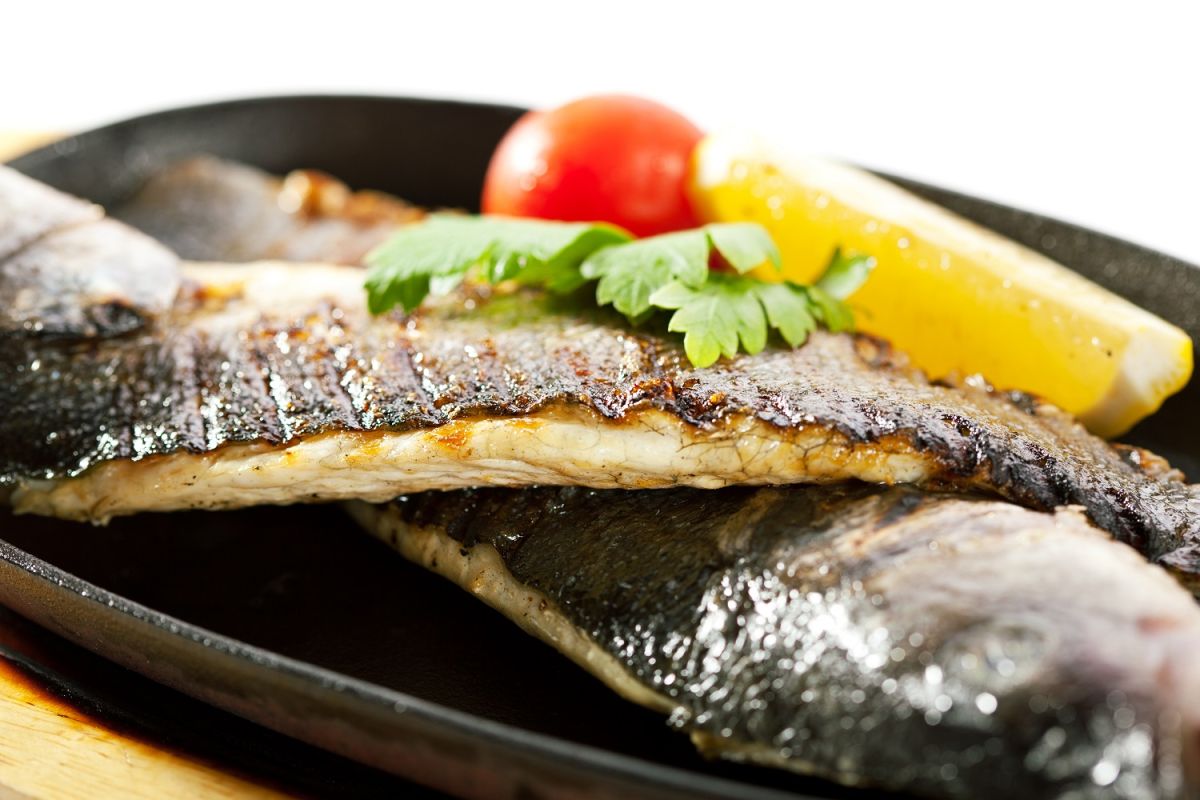What you eat and drink, as well as how your body uses nutrients, play an important role in mental health. Iron is a key nutrient its deficiency can affect mental health symptoms, according to research shared by the University of Michigan.
Iron is needed to make crucial neurotransmitters that affect mental health, and deficiencies can worsen symptoms of depression, anxiety, and schizophrenia.
Iron plays an important role in the way your body produces neurotransmitters called serotonin, dopamine, and norepinephrine, all of which are important for mental health.
“Many people who have mental health issues like depression or anxiety, and the health care providers who treat them, may not know about this link,” says Stephanie Weinberg Levin, a psychiatrist with Michigan Medicine and VA Ann Arbor Healthcare System.
Michigan Medicine, the academic medical center at the University of Michigan, shares that eating iron-rich foods is important for everyone, and many people don’t get enough iron as it is.
You can be iron deficient without having anemia. People with mental health problems can ask their doctor for a blood test that measures iron levels, a ferritin test.
If the ferritin test result is low, people should increase the iron in the diet and if recommended by the health care provider, take a supplement.
Iron supplementation can help improve mood and reduce fatigue, even in people without iron deficiency anemia.
Iron-rich foods
Iron is found naturally in many foods and can also be found in some fortified products. It comes in two forms: heme iron and non-heme iron.
Plant foods provide non-heme iron, while meat, seafood, and poultry have both heme and non-heme iron.
Heme iron is better absorbed by the body, which is why, according to the National Institutes of Health, vegetarians who don’t eat meat, poultry, or seafood need almost twice as much iron.
Iron from plant sources is best absorbed when eaten with meat, poultry, seafood, and foods that contain vitamin C, such as citrus fruits, strawberries, sweet peppers, tomatoes, and broccoli.
Foods that provide iron are:
Lean meats, seafood and poultry.
Iron-fortified breads and breakfast cereals.
Navy beans, lentils, spinach, kidney beans and peas.
Nuts and some dried fruits, such as raisins.
Keep reading:
7 foods that help keep the brain young for longer
How much coffee do Americans need to feel productive?
What are the most frequent nutrient deficiencies
